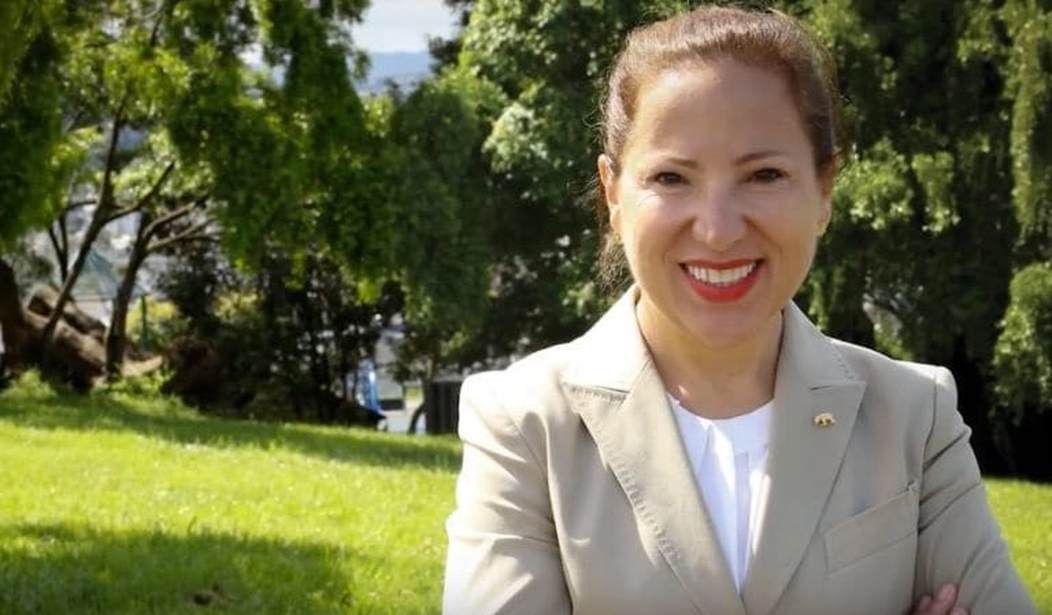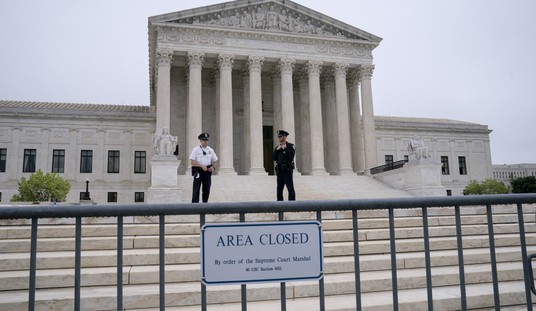California’s new Lt. Governor, Eleni Kounalais, isn’t using taxpayer dollars to redecorate her office and purchase new furniture. Instead, she’s using funds taken from the paychecks of some of California’s lowest-paid workers.
More than $300,000 has been raised by Kounalakis for the Committee to Support the Office of the Lt. Governor – $250,000 of it from labor unions – which is paying for the office renovations. The contributions are not listed as political contributions, but as “behested payments.” California’s Fair Political Practices Commission (FPPC) explains what a behested payment is and the reporting requirements.
Under California’s transparency laws, an elected official who fundraises or otherwise solicits payments from one individual or organization to be given to another individual or organization may be required to report the payment. Generally, a payment is considered “behested” and subject to reporting if:
- it is made at the request, suggestion, or solicitation of, or made in cooperation, consultation, coordination, or concert with the public official;
- it is made for a legislative, governmental or charitable purpose; and
- it does not qualify as a gift (made for personal purposes) or a contribution (made for election-related activity) to the elected official.
While state law limits the amount of gifts and campaign contributions, there are no limits on behested payments. However, state law requires the reporting of behested payments if they total $5,000 or more per calendar year from a single source. There are no reporting requirements for payments up to $4,999.99.
The vast majority of behested payments go toward charities such as the United Way or other charities that the candidate does not control, but Lloyd Levine, who runs Kounalakis’ committee, defends the arrangements as a way to save taxpayer dollars.
The committee, registered with the IRS as a tax-exempt social welfare organization is paying for new furniture, paint and other furnishings for her office, which is in the Capitol. Some of the money will fund stipends for student artists attending public California universities whose art will be featured in the lieutenant governor’s office.
The arrangement lets the lieutenant governor cover those costs without using taxpayer money, said Lloyd Levine, who runs the committee.
“Despite the title of the office, the budget is very small there isn’t money to do things like paint the office or buy furniture for staff,” Levine said. “You do want an office, while not ostentatious, that is appropriate to host foreign guests and dignitaries.
Levine complained that “despite budget constraints” Kounalakis was expected to host foreign diginitaries in her office, so the extra funds were necessary. (But an employee who’s able to correctly spell “governor” isn’t.)
Today we welcomed members of the international community in the Office of Lt. Governer @EleniForCA to kick off our partnership with Governor @GavinNewsom to amplify #CA on the international stage. pic.twitter.com/Wo2WBiTFNI
— CA Lieutenant Governor (@CALtGovernor) March 26, 2019
Not surprisingly, a Common Cause spokesperson didn’t see too much of a problem with Kounalakis’ use of behested payments to redecorate her office.
“It’s a good sign that they’re using taxpayer dollars wisely,” Phillips said. “The question is what happens after this.”
Apparently Phillips doesn’t see the workers whose earnings were forcibly taken from them by the unions to fund Kounalakis’ extravagance as taxpayers.
The Bee also interviewed Bob Stern, former president of the Center for Governmental Studies, a non-partisan California think tank, who had a much more sane take.
“[He said] he represents a ‘very distinct minority’ of people who think politicians should use taxpayer money for government business like governor travel, which is often funded with behested payments. Using behested payments for such activities provides an avenue for special interests to influence elected officials, said Stern, who helped write California’s financial disclosure laws.”
According to filings with the FPPC, the unions contributing to Kounalakis’ committee are (contribution amount listed in parentheses):
- UFCW Western States Council Candidates ($5,000)
- California State Council of Laborers ($20,000)
- California Professional Firefighters ($25,000)
- California Federation of Teachers ($5,000)
- California Statewide Law Enforcement Association ($20,000)
- United Domestic Workers of America ($15,000)
- Northern California Carpenters Regional Council ($10,000)
- Classified Employees of California School Employees ($5,000)
- CA State Council of Service Employees ($25,000)
- California Faculty Association ($10,000)
- Cal Fire Local 2881 ($5,000)
- SEIU Local 2015 ($25,000)
- American Federation of State, County & Municipal Employees ($10,000)
- Sheet Metal Workers International Association Local No 104 ($10,000)
- CA State Council of Service Employees ($25,000)
- SEIU Local 1000 ($15,000)
- California Correctional Peace Officers Association ($25,000)
- United Nurses Association of California/Union of Health Care Professionals Issues ($15,000)
According to the Bureau of Labor Statistics, the average full-time domestic worker in California earns a salary of about $40,000 a year. That number might sound like a lot of money to residents of states other than California, but is close to or below the poverty level in most areas of the state. In addition, domestic workers have relatively high commute costs since they can’t afford to live close to the areas in which they work.
That these unions would take the hard-earned dollars of the people they supposedly represent to redecorate a millionaire Lt. Governor’s office is despicable. It’s not surprising, but it’s despicable.













Join the conversation as a VIP Member